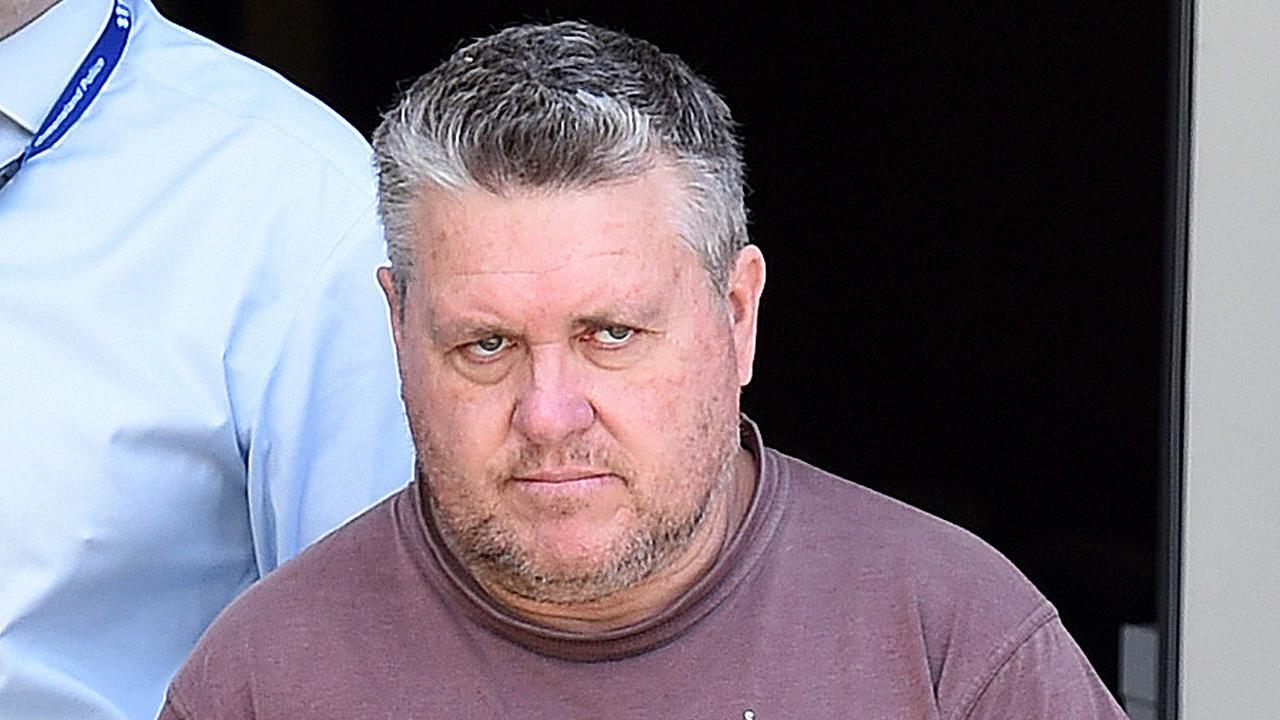Doctor Ceasar Sarsoza Torres suspended over patient’s prescription drug-related death
A Queensland GP has been suspended for three months after a coroner found that his patient’s ingestion of prescription drugs had contributed to the breathing issues that ultimately “exposed him to risk of death”.

Police & Courts
Don't miss out on the headlines from Police & Courts. Followed categories will be added to My News.
A Queensland GP has had his registration suspended for three months after the death of a patient, who he had prescribed oxycodone despite “numerous warnings” about the patient’s suspected addiction issues.
Regional GP Ceasar Sarsoza Torres has been reprimanded by Queensland’s Civil and Administrative Tribunal after his prescriptions to a now-deceased patient were found to have constituted “professional misconduct”.
Court documents reveal Dr Torres had treated the male patient for a number of years for “significant mental health issues” which caused him to require “frequent” medical consultations.
The patient was documented to be at a chronic risk of self-harm and suicide, the documents note.
He was prescribed various drugs including diazepam, targin (oxycodone/naloxone), paracetamol and codeine, duromine, mirtazapine, duloxetine and risperidone.

After the patient died in 2021, a Coroner’s report revealed a range of prescribed medications in his bloodstream at the time of his death.
The court documents note that the level of oxycodone was found to be “of the most significance”.
“The level of drugs detected caused central nervous system depression (decreased heart rate),” the Coroner’s report found.
“These underlying medical conditions he had then further compromised his respiration, which along with his cardiac disease, exposed him to a risk of death.”
A QCAT Tribunal found that Dr Torres had not received appropriate approval to prescribe the patient Schedule 4 and Schedule 8 drugs.
The Tribunal further found that his treatment assessment and management plan for the patient were “inadequate”.
A medical expert advised that Dr Torres hadn’t adequately monitored the patient’s continued medication use and failed to cease prescribing opioids and benzodiazepines “in spite of numerous warnings that the problem was substance use disorder”.
The expert said Dr Torres had failed to manage the patient’s “chronic diseases” and hadn’t taken appropriate action to control his “aberrant behaviour”.
He said Dr Torres “ignored signs of drug dependence even after two chemists reported concerns about an addiction problem”.

Dr Torres had also failed to maintain adequate clinical records throughout the treatment period, according to the court documents.
Representatives for the Medical Board of Australia submitted that Dr Torres’s conduct should be viewed as “particularly serious” given he had engaged the patient in over 70 consultations.
They submitted that his conduct “goes to the heart of the practice of general medicine”.
“Practitioners must not be in any doubt about the importance of appropriate and considered prescription of drugs of dependence, and proper management of patients with and chronic, complex health issues,” they said.
The Tribunal noted Dr Torres had been working in a “very busy” bulk billing practice in regional Queensland and was seeing approximately 40 patients a day at the time.
According to the court documents, Dr Torres had since acknowledged he had been “out of (his) depth” and should have recognised this “at many points”.
“(The patient) was far and away the most complex and difficult patient of my career,” he said.
The Tribunal acknowledged Dr Torres had reduced the number of patients he saw per day and expressed “significant remorse” since the investigation into his treatment commenced.
“The Tribunal accepts that Dr Torres is a committed and sincere general practitioner seeking to do the best for his patients.”
In the QCAT decision published on Tuesday, Dr Torres was reprimanded and his actions were found to have constituted “professional misconduct”.
His registration was suspended for three months from October 1, 2024.


